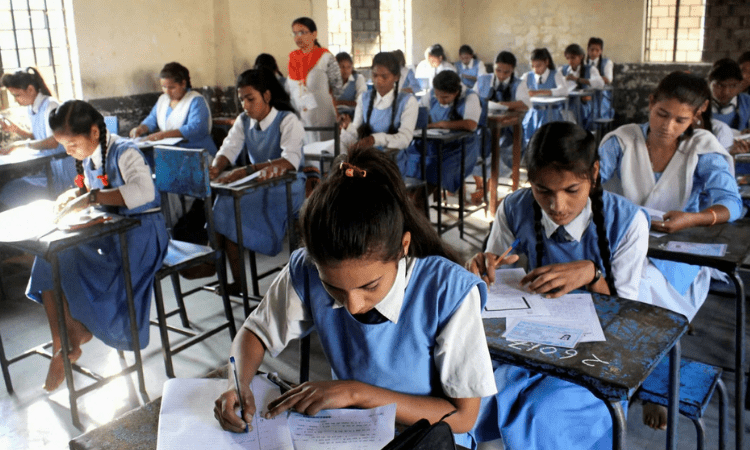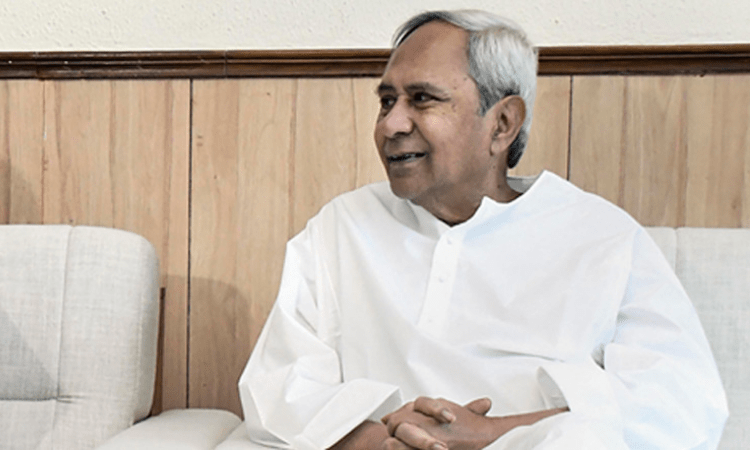The schedule for the class 10 and class 12 Board exams has been finalized with the issue of the datasheet by the Central Board of Secondary Education (CBSE) on Tuesday.
The exams will begin on May 4 and culminate on June 10. Results for both classes will be declared by July 15.
According to the datasheet, exams for some of the main subjects for class 10 will begin with the English exam on May 6, followed by Hindi on May 10, Urdu on May 11, Science on May 15, Home Science on May 20, Maths on May 21 and Social Science on May 27.
Similarly, class 12 students will appear for the English exam on May 4, the Taxation exam on May 5, the Physical Education exam on May 8, Engineering Graphic on May 10, Business Studies on May 12, Accountancy on May 17, Chemistry on May 18, Political Science on May 19, Biology on May 24, Economics on May 25, Hindi on May 31 and Mathematics on June 1.
For details and the complete date sheet, students can log on to the CBSE website, where the entire schedule has been upload on Tuesday evening.
Speaking on the occasion, Education Minister Ramesh Pokhriyal Nishank said: “While fixing the datasheet, we have tried that students get a lot of time between exams of important subjects. Students must remain relaxed. We have tried to get connected with students so that students can happily prepare for their exams.”
The minister further said on Twitter: “I hope now that the students have the datasheet, they can prepare well for the exams. They have already proved themselves in difficult circumstances. I extend my gratitude to our teachers, who have acted like warriors and nurtured their students along with the parents.”
Nishank further added: “Gradually the entire country is attaining freedom from the Corona pandemic. The people of the country have turned this crisis into an opportunity. Under the leadership of Prime Minister Narendra Modi, we have got two vaccines. Still, we must stay alert till everything returns to normal and also help others stay vigilant,” added the minister.











